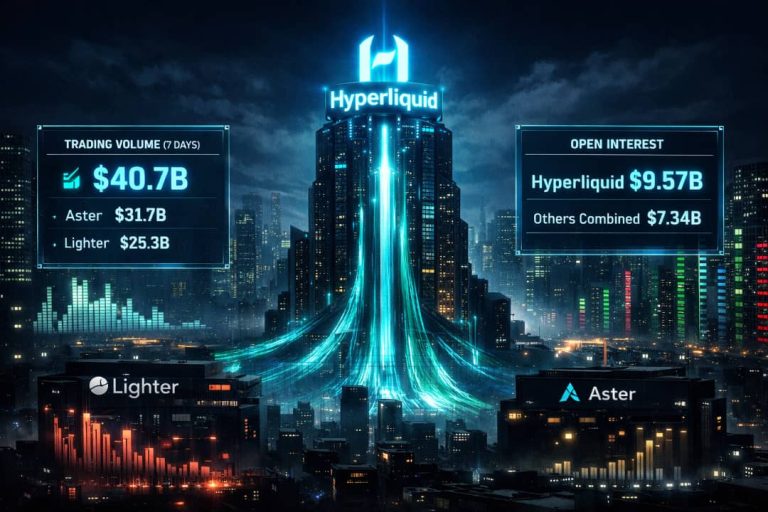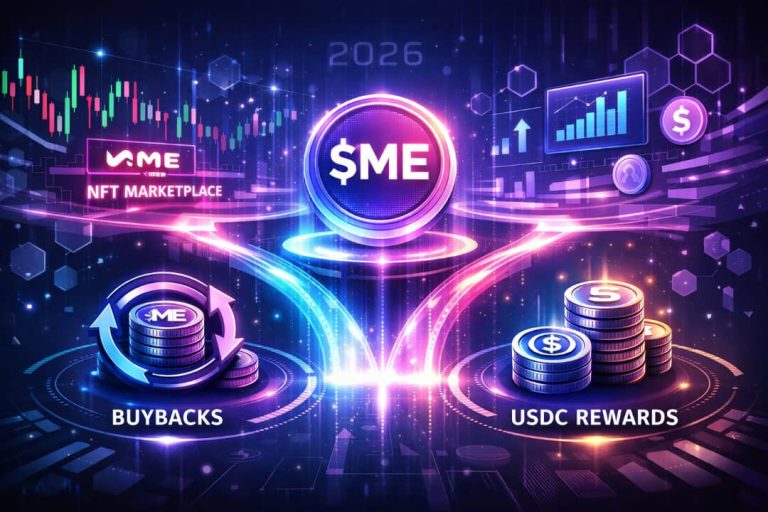Tokenized stocks are quickly becoming a buzzworthy topic in the financial world. By representing traditional equity shares through blockchain technology, tokenized stocks open up new opportunities for fractional ownership and streamlined trading. However, while they promise innovation and efficiency, they also bring unique risks and regulatory concerns.
What Are Tokenized Stocks?
Tokenized stocks are digital tokens tied to the value of real-world stocks. They allow investors to trade and own fractional shares, offering increased accessibility to assets that might have been cost-prohibitive otherwise. For example, instead of buying a full stock of high-value companies like Tesla or Apple, an investor could buy a fractional share represented by a token.
These tokens are generally backed by the corresponding shares held in a special-purpose company, ensuring their value mirrors the underlying asset. However, as Natasha Cazenave, executive director of the European Securities and Markets Authority (ESMA), points out, these instruments often lack the rights associated with direct stock ownership, such as voting rights and dividend claims.
Benefits and Innovation
Tokenization presents clear benefits for the financial ecosystem:
- Fractional Ownership: Investors can purchase smaller portions of high-value stocks, making them more accessible to retail investors.
- Increased Liquidity: Blockchain-based trading can potentially enhance market activity by enabling 24/7 trading.
- Lower Costs: Tokenization reduces transaction fees and issuance costs compared to traditional markets.
- Cross-Border Efficiency: Blockchain technology enhances global trading by reducing barriers such as currency exchange or middlemen.
Notably, the European Union (EU) has been a pioneer in asset tokenization. Since 2019, the EU’s investment bank and Germany’s finance ministry have experimented with pilot programs, exploring blockchain’s potential in financial markets.
Regulatory Concerns
Despite the benefits, regulators like the ESMA have raised concerns about the risks posed by tokenized stocks. Investors could misunderstand what they are buying, assuming they have the same rights as traditional shareholders. Additionally, tokenized instruments are often issued through private placements, resulting in limited liquidity and interoperability between platforms.
The World Federation of Exchanges has called for stricter regulations to ensure investor protection. Natasha Cazenave emphasizes the need for a proper legal framework to safeguard investors and maintain financial stability. The EU is actively addressing this issue through its blockchain pilot programs and the Markets in Crypto-Assets (MiCA) Regulation initiative, aiming to provide clear guidelines to govern tokenized assets.
Real-World Examples
Some platforms have already ventured into the tokenized stock space:
- Robinhood: The US-based trading platform launched tokenized stocks in the EU in June, raising both interest and legal scrutiny.
- Kraken: Another prominent trading platform, Kraken, introduced tokenized stock trading in June. However, this service remains unavailable in both the US and EU markets.
- Coinbase: Seeking regulatory approval, Coinbase aims to enter the tokenized stock market soon.
The Future of Tokenized Stocks
As blockchain technology evolves, tokenized stocks represent a promising yet challenging frontier. If implemented with robust legal and regulatory frameworks, they could revolutionize traditional trading by enhancing transparency, cutting costs, and broadening accessibility.
For aspiring investors interested in exploring tokenized assets, ensuring you choose a reputable platform is essential. Stay informed, watch for regulatory updates, and consider exploring specialized wallets that support tokenized stocks, such as the Ledger Nano X for secure storage.
Overall, tokenized stocks present an exciting opportunity to transform how we invest, but caution and education remain key in this rapidly evolving space.



